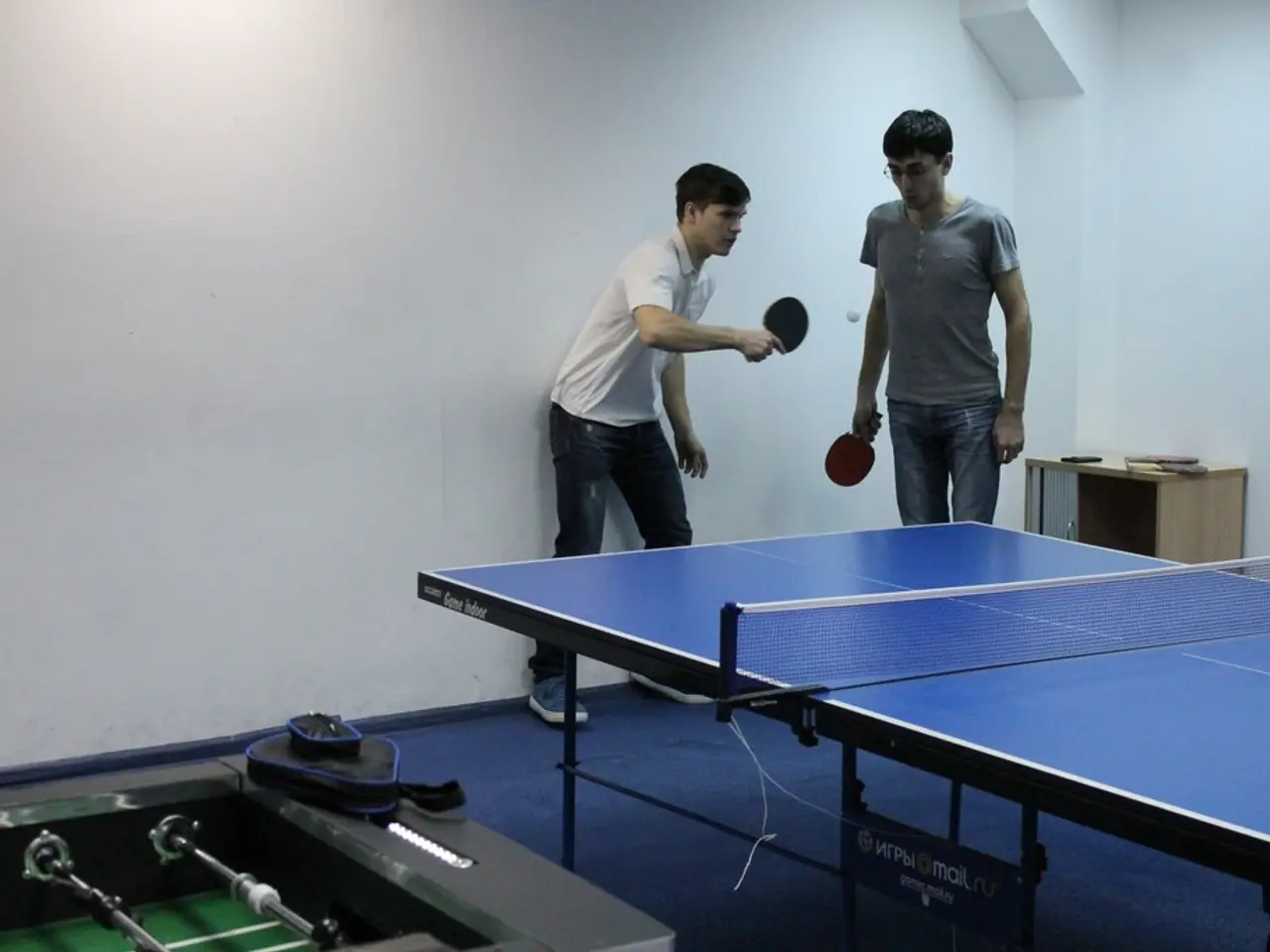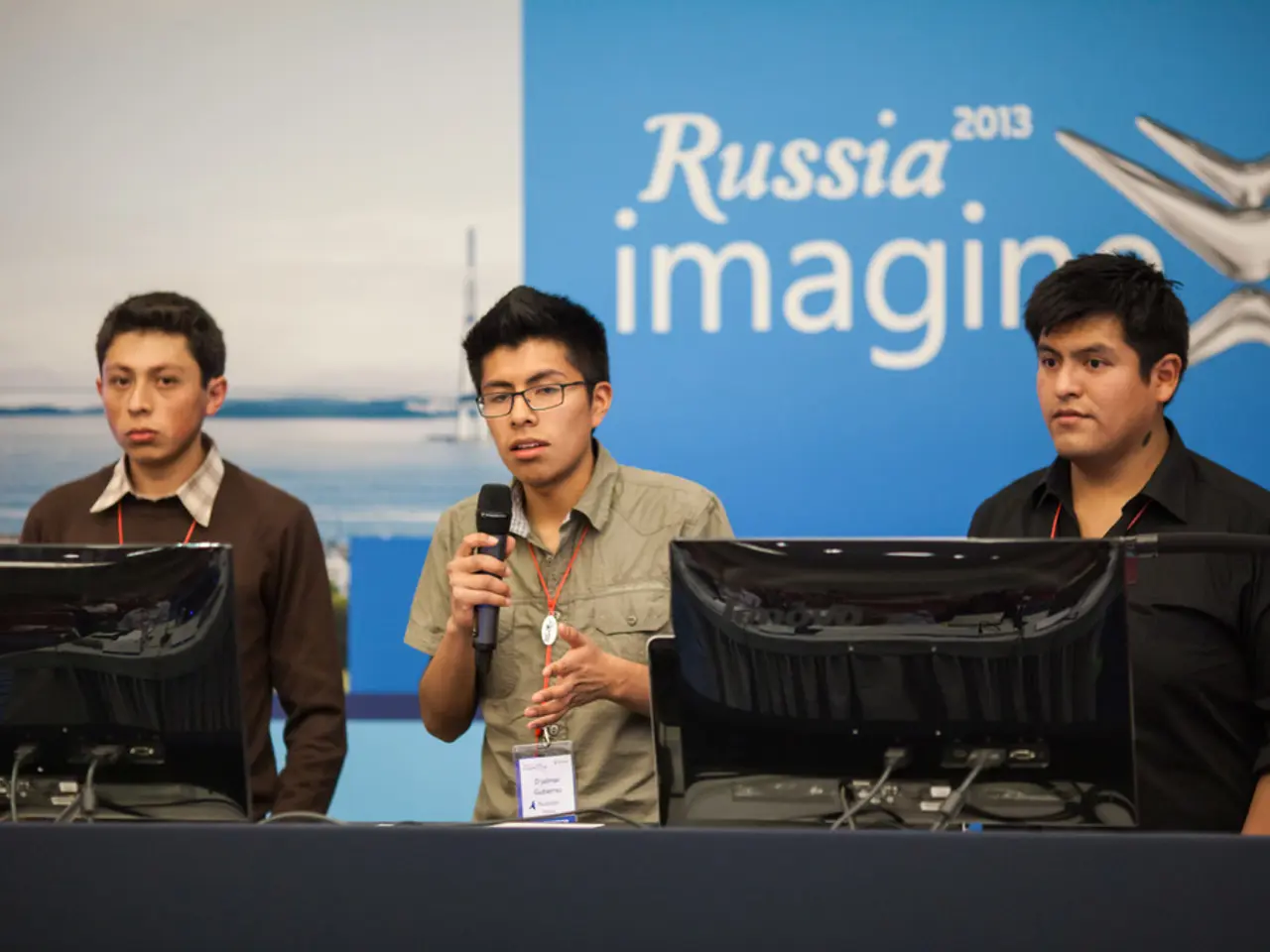"Gender-focused policy initiatives in China receive €500,000 for conducting workshops focused on feminism"
The Federal Ministry for Economic Cooperation and Development (BMZ) has launched a project named "Capacity Building and Gender Training for Civil Society Base Organizations and Social Worker Stations in a Chinese Province." This initiative, funded with approximately 522,000 euros from the German development cooperation budget between 2023 and 2027, is being carried out by the Catholic Central Office for Development Aid (KZE).
The project aims to integrate gender equality into local structures, taking into account religious and cultural contexts. It is part of BMZ's strategic realignment within the framework of a "feminist development policy" as defined in the Third Action Plan for Gender Equality (2023-2027). This policy seeks to consider diverse realities and focus on all marginalized groups, not just those based on gender identity.
The project employs a gender transformation approach, aiming to sensitize employees of social organizations to gender issues and qualify them accordingly. The policy also aims to strengthen women's rights and systematically dismantle discriminatory structures, considering factors such as language, age, disabilities, ethnic or social origin, religion, socio-economic situation, and sexual orientation.
While the BMZ website provides limited information on the project's status, as of the current expenditure, zero euros have been reported according to the transparency portal of the ministry. However, BMZ states that 182,500 euros have been paid out so far.
Projects funded by BMZ and executed by German development organizations like KZE typically use standard international development monitoring and evaluation (M&E) frameworks. These frameworks often include defining clear indicators related to capacity building, gender equality, and organizational strengthening. Regular progress assessments are conducted through surveys, interviews, and field visits. Outcomes such as increased skills, improved gender-responsive practices, and enhanced service delivery by civil society organizations are measured. Results are reported to donors including the BMZ through periodic reports and evaluations.
However, there is no publicly available detailed information about how this specific project is tracked and measured. It is reasonable to infer that standard development project M&E tools focused on capacity building and gender mainstreaming would be applied, though direct confirmation from KZE or BMZ project documents would be required for precise information.
The BMZ emphasizes the importance of effective complaint mechanisms for transparency and accountability. External assessments are made on a random basis and usually only after the funding has ended. If needed, you may consider contacting KZE or BMZ directly or consulting their official reports and publications for detailed tracking and impact measurement methodologies for this project.
Despite the focus on gender equality and capacity building, the influence of sports in this project, as a means to bring communities together and address societal challenges, remains unaddressed. The weather conditions in the targeted province may impact outdoor activities, hence possibly affecting the project's progress and success in certain aspects.







